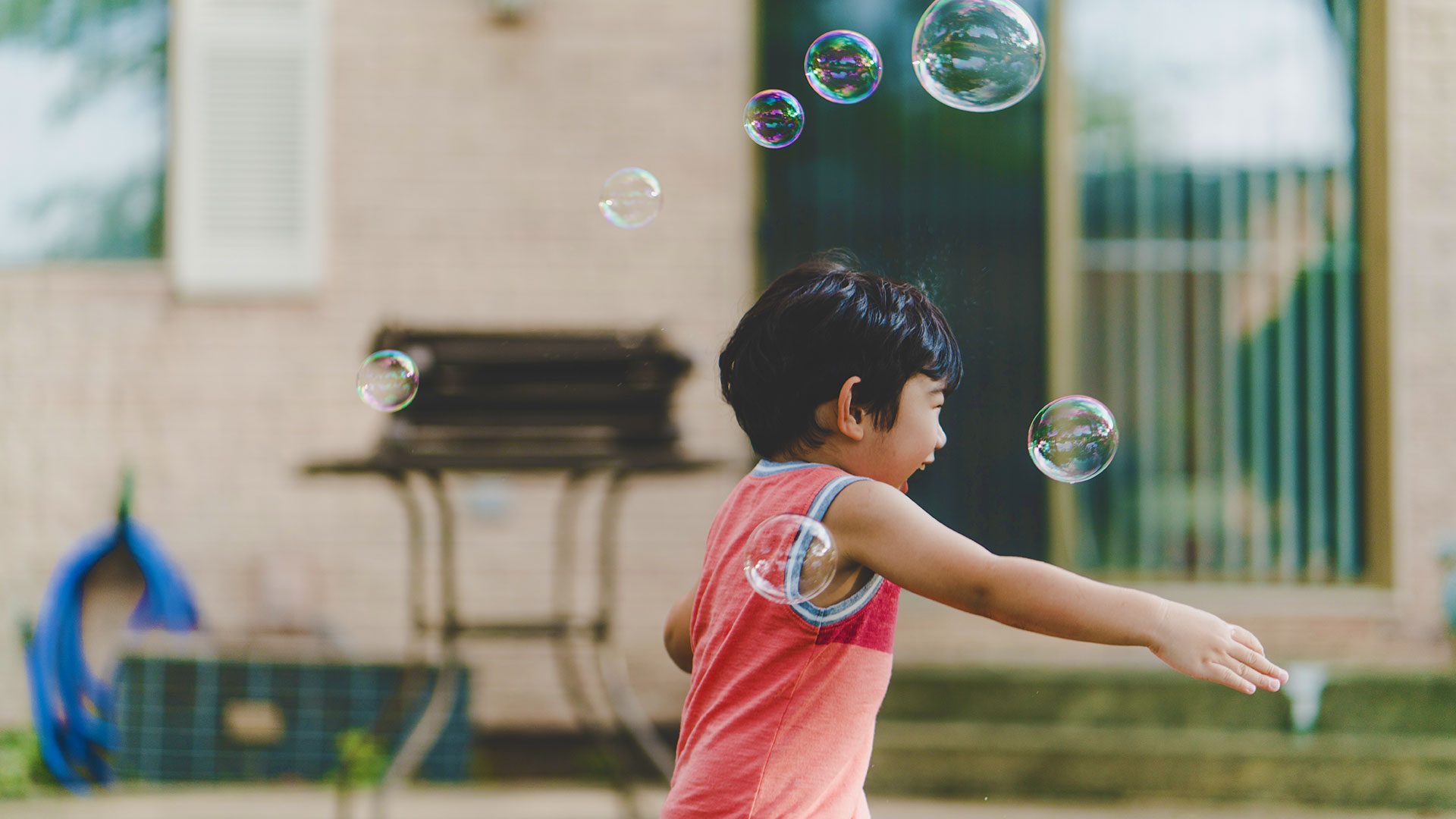Sometimes, being alone can be a good thing. Nothing but our own company can bring on a very comforting peace. The quiet can offer a safe space to think and work through various aspects of one’s mental health. But spending some time alone and being lonely are two very different things, each with their own separate relations to mental health.
As social animals, we humans crave deep connections with each other and can feel and intense loneliness if these can’t be found. Our relationships and overall social standing play into things like our daily mood, self-image, and ability to cope with tricker mental health situations. If we don’t feel the social connection that we crave, the loneliness that results can be a real detriment to achieving a positive state of mental health.
When Life Gets Lonely

We all, at some point in our lives, get lonely. It may be that you don’t have many people that you can spend time with and are therefore spending a lot of time by yourself. Enjoying alone time is usually only enjoyable after so long. Consistently lacking in socialization is a sure way to get lonely. Often, though, we can spend time in the company of others but still find ourselves feeling lonely because the connection just isn’t there.
It’s this feeling of loneliness, not the actual action of being alone, that can lead to more negative effects on your mental health. Loneliness can keep you from sleeping, raise your stress levels, and otherwise make a poor mental health situation, such as one in which depression or anxiety play a role, even more complicated. Mental illness and loneliness simply go hand in hand.
The Social Stigma of Mental Illness
Sometimes, loneliness doesn’t come as a direct result of the mental illness, but of the social stigma that can come with it. People don’t often know how to react to someone facing a mental illness, and may treat you differently without wanting or meaning to. It can really hurt to notice that you’re being treated differently, but withdrawing even more can only make things worse. Making an effort for socialization is the only way to fight the detrimental effects of loneliness with a mental illness.
Depression
An oppressive loneliness, even when surrounded by close company, is actually one of the symptoms of major depressive disorder. One of the worst things about depression is how it’s a disorder that leaves you feeling completely alone in your journey with it. But the loneliness is only made worse by another of depression’s symptoms, social isolation. Facing depression is a time when you need social support more than ever, but the illness may urge you to shut everyone out.
Anxiety
Anxiety disorders are also frequently associated with feelings of loneliness. Social anxiety, in particular, makes socialization difficult and loneliness easy to fall into. Yet, any type of anxiety can contribute to feeling lonely. With all the worry-filled thoughts and concerns always swirling around, you may feel that others can only see your outer shell and never fully understand everything else that’s going on inside you. When your anxiety’s overwhelming voice is telling you that people don’t want to talk to you, this can be one of the most important times to fight against it. After all, taking steps to overcome these feelings are the only way to leave loneliness behind.
Steps Towards a Less Lonely Life

Taking steps to reduce loneliness can be essential to improving a mental health situation. Without a plan for healthy measures against loneliness, it can become too easy to slip into unhealthy coping methods instead. Not having a suitable way to deal with feelings of loneliness is the reason for many people turning to drugs or alcohol or falling into habits like excessive shopping and hoarding.
There are better ways to handle the new mental health complication when you find yourself faced with feelings of loneliness. If these stem from a true lack of socialization, you might put some effort into gaining better social connections. Make a point to reach out to people around you with small actions like sending a friend a message just to get in touch, getting the update from a coworker in person instead of over email, or having a chat with a stranger like a cashier in the store. Try to put social media aside and meet in person for real, authentic connection. You may find that getting deeper in your relationships is all it takes to fight feelings of loneliness.
Full Mental Health Support Beyond Addressing Loneliness

Stepping outside of your typical routines to meet people and form deeper connections can help to reduce loneliness. However, in the case of more complicated mental health situations, it may not be enough. The root of feelings of loneliness can run deep, intersecting with conditions like anxiety and depression. A mental health professional can help you to find this root of things and guide you through a personalized plan to deal with its effects.
At the ADHD Wellness Center, we specialize in ADHD, but are here to provide support for any variety of mental health situations. With our professional support, you don’t have to feel alone. Reach out today to discuss your particular mental health concerns with our team.



